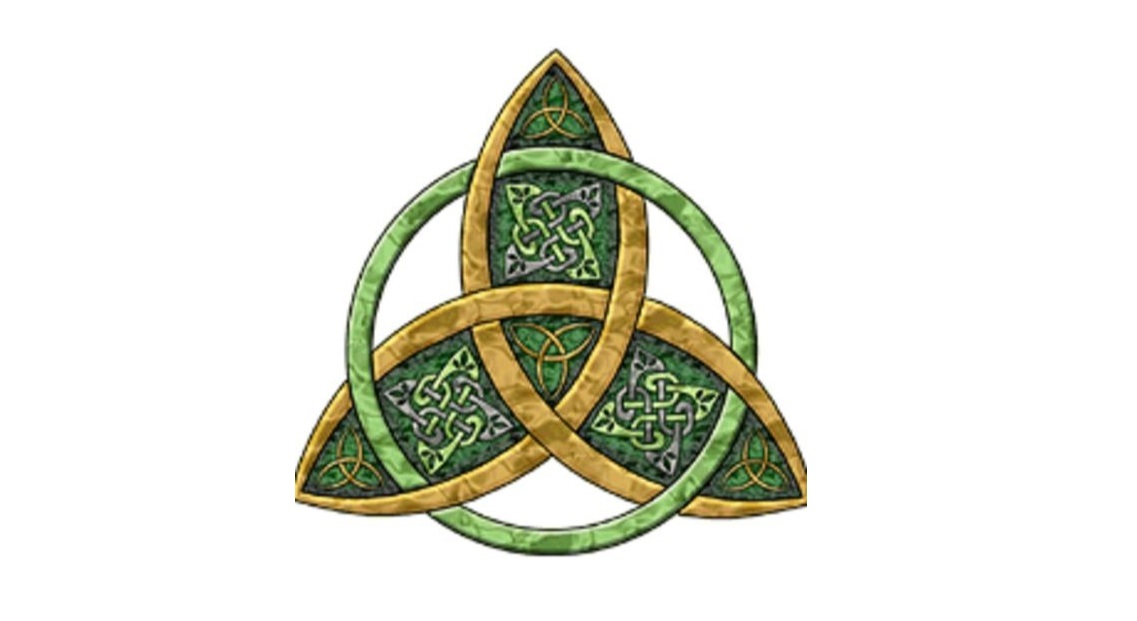God’s Goodness
The Character and Actions of the Triune God
Photo credit: Unknown, Creative Commons Zero.
Introduction
God is a fellowship of Father, Son, and Holy Spirit, so God is a communion of love. From eternity, God is fundamentally love, relational, personal, communal, friendship, family. God took on secondary attributes when God created the universe: God is creator, holy (as in “separate and distinct” from creation), sovereign (as in “ruler” of creation), etc. God took on tertiary attributes when humans corrupted human nature: just, wrathful, merciful, redeeming, purifying, etc. But God’s secondary and tertiary attributes must be understood as activities of His love, not as fundamental attributes equal and opposite to love. Also, since God made human beings “in the image of God,” we are called to receive and share the divine love, by participation. Since we do not generate love, we must depend on God, and grow in love in relationship with the Triune God.
God’s Goodness: Topics:
Here’s how to navigate this section on God’s Goodness. The Introduction focuses on the biblical presentation of Father, Son, and Holy Spirit; and the implications. Human Becoming spotlights creation and humanity, especially how God made humans as human beings and human becomings. Israel tackles big questions about why God needed an Israel, why God took human life to protect Israel’s vocation. Jesus explains God revealing Himself fully in Jesus, and addresses Protestant notions of limited atonement and double predestination as incompatible with God’s Triune character of love. Holy Spirit explores the divine person of the Spirit and the gifts of the Spirit. Human Destiny explains how desire and development are part of the outworking of human becoming, destiny, and God’s goodness. Divine Fire explains why the portrayal of divine fire in Scripture is always God’s call to participate in refinement and purification. Human Evil explains why God is good by solving the problem of human evil in a loving way. Human Suffering explains why God is good because He suffers with us since the fall, and heals the deepest suffering behind the suffering.










